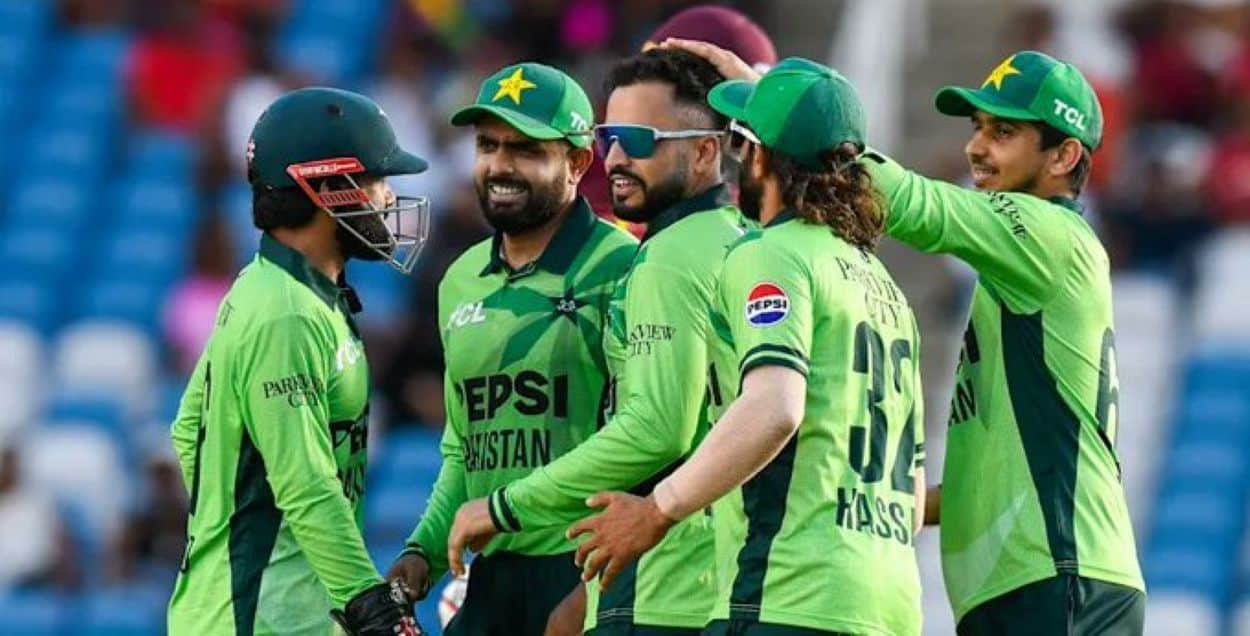The Pakistan Cricket Board (PCB) announced its squad for the upcoming tri-series against the UAE and Afghanistan, followed by the Asia Cup 2025. The team blends young talent with notable exclusions, sparking heated debate. For instance, dropping Babar Azam and Mohammad Rizwan signals a shift toward aggressive T20 cricket. Can this squad end Pakistan’s Asia Cup drought since 2012?
The PCB made bold moves by excluding Babar Azam and Mohammad Rizwan, once core players. Their recent T20I performances explain why:
- Babar Azam: In his last 10 T20Is, including the 2024 T20 World Cup, Babar scored no fifties, with a strike rate of 118.59 and an average of 26.22.
- Mohammad Rizwan: In his last 8 T20Is, Rizwan scored 211 runs at a strike rate of 94.19. His slow knocks, like 31 off 44 against India, hurt Pakistan.
Consequently, selectors opted for fresh faces. Sahibzada Farhan, with three Player of the Match awards in his last six T20Is, brings firepower. Similarly, Mohammad Haris offers an aggressive batting style.
Training ground diaries 🎥
Pakistan team gears up for their tri-series clash against Afghanistan 🏏#BackTheBoysInGreen | #PAKvAFG pic.twitter.com/QyRquFJhEh
— Pakistan Cricket (@TheRealPCB) August 28, 2025The bowling unit appears promising. Shaheen Shah Afridi leads the attack and tops the PSL 10 wicket charts. Spin options like Mohammad Nawaz, Sufiyan Muqeem, and Abrar Ahmed provide variety, which is ideal for the UAE’s spin-friendly pitches.
However, Naseem Shah’s exclusion raised eyebrows. His T20I economy rate of 8.01 and average of 34.68 justified the decision, despite his strong ODI form.
Read: Eyman Fatima Named in Pakistan’s Squad for ICC Women’s Cricket World Cup 2025
The middle order shows balance. Mohammad Haris, Hasan Nawaz, and Khushdil Shah can hit big. Meanwhile, the new captain, Salman Ali Agha, is key. His ability to anchor chases and play spin will be crucial in UAE conditions. This Asia Cup tests his leadership, potentially shaping Pakistan’s future.
Pakistan last won the Asia Cup in 2012. Since then, Sri Lanka (2014, 2022) and India (2016, 2018, 2023) have dominated. Under Babar’s captaincy, Pakistan reached the 2022 final but lost. In 2023, they finished fourth. These setbacks highlight the need for change.






